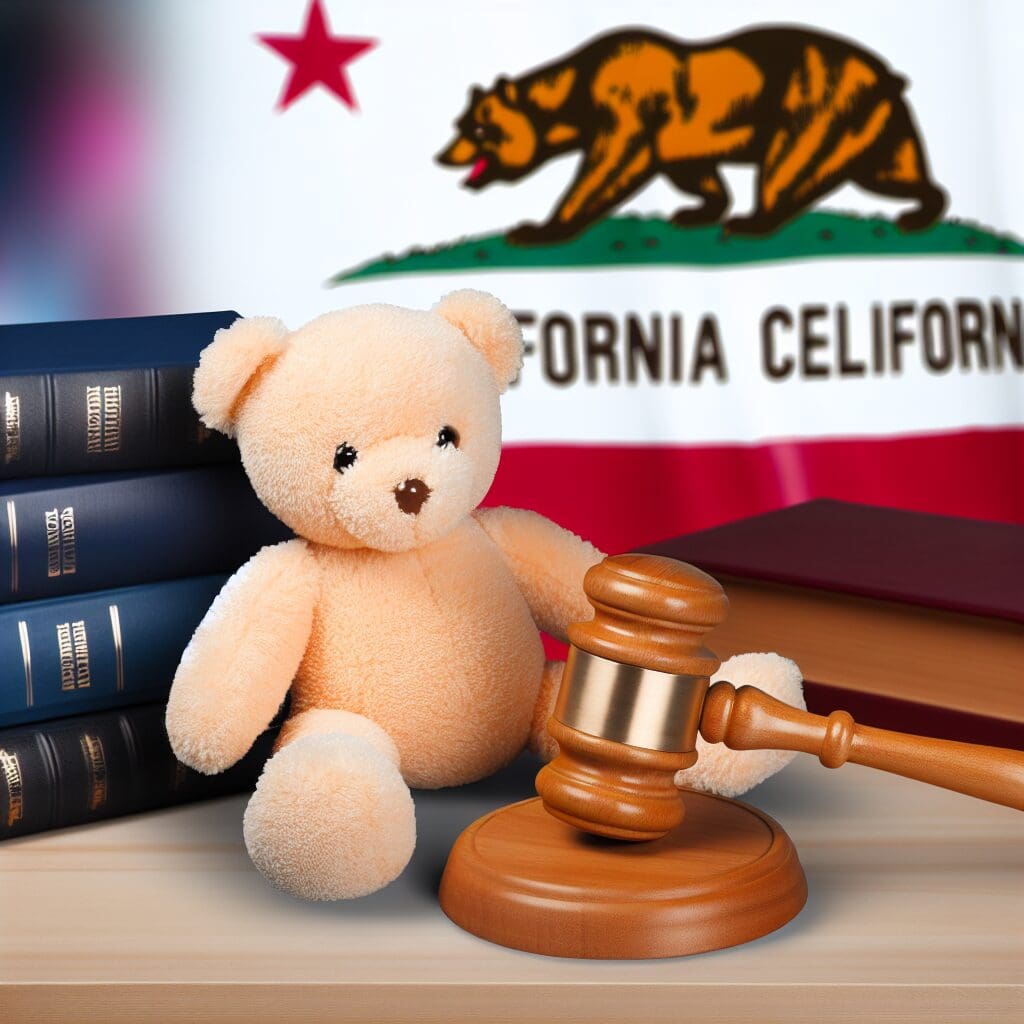California’s recent child safety law, designed to shield the young from harmful online content, is facing significant legal challenges. Initially praised for its proactive approach, the law obliges businesses to evaluate and reduce potential threats facing children. It aims to set a new standard in online safety and privacy, reflecting growing concerns about the digital landscape’s impact on minors.
However, a recent court ruling has thrown a wrench into the law’s implementation. The court raised doubts about the necessity of such stringent measures, suggesting that less invasive alternatives might better achieve the desired safety outcomes. This decision places the future of the law in jeopardy and raises essential questions about balancing effective child protection with the operational constraints on businesses.
Supporters of the law argue that the threats posed by online platforms to children warrant decisive action. They cite alarming statistics on cyberbullying, exposure to inappropriate content, and data privacy violations. For instance, studies reveal that a startling 57% of teenagers have experienced online bullying, emphasizing the pressing need for robust protective legislation.
On the flip side, critics contend that overly restrictive measures could stifle innovation and impose heavy burdens on businesses, particularly small enterprises. They advocate for targeted education initiatives and parental involvement as more effective means of safeguarding children, suggesting that fostering a culture of awareness might yield better results without infringing on business operations.
As this legal battle unfolds, the discussion surrounding child safety in the digital realm continues to evolve. Stakeholders, including lawmakers, business leaders, and advocates, must engage collaboratively to ensure that the solutions implemented not only protect children but also foster a vibrant digital economy. The outcome of this case could very well set a precedent for how future child safety laws are shaped, making it a pivotal moment for the future of online safety in California and beyond.












